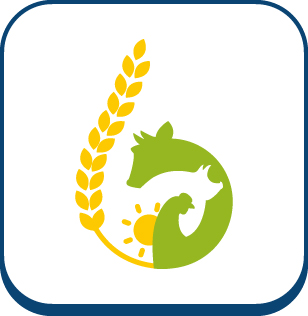Viral risk associated with pork consumption
Ajouter à ma liste
Auteur :
Feurer C
In all countries, the viruses most often implicated in food poisoning transmitted by ingestion of contaminated food are hepatitis A virus, noroviruses and rotaviruses. The main hazard is still the consumption of raw or insufficiently cooked products handled without proper hygiene precautions by an infected person. There is no evidence at present for pig-to-human transmission of any of these three viruses. The main hazardous virus in the pork industry is that of hepatitis E, for which direct transmission from pigs to humans has been demonstrated. Little data is available concerning the impact of processes on viral risk in the pork industry.The concentrations of disinfectants used in the food industry are insufficient in view of the viral risk.Further work is necessary to produce a better assessment of the viral risk through food vectors, in particular the types of virus implicated in the public health domain and their prevalence in the industry branches, the development of reliable virus detection and isolation methods, and the efficacy of processes for the destruction of viruses. To date, the best way to guard against viral risk in the food industry is to observe good hygiene practice.
Fiche technique
Titre :
Viral risk associated with pork consumption
Date sortie / parution :
2009
Référence :
Techni Porc (FRA), 2009, Vol. 32, n° 4, juillet-août, p. 39-45








